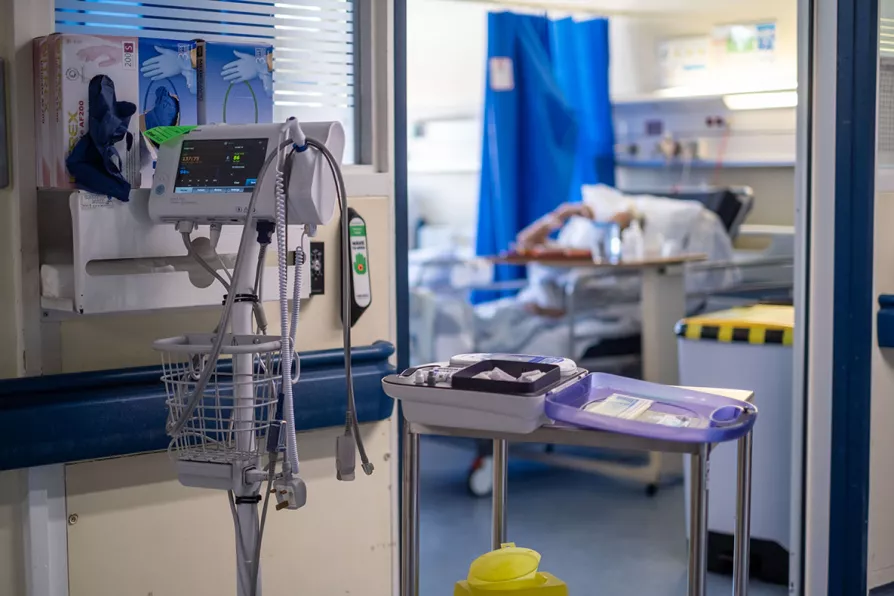Calls mount for independent review into physician associates

 A general view of medical equipment on a NHS hospital ward at Ealing Hospital in London
A general view of medical equipment on a NHS hospital ward at Ealing Hospital in London
LEADING medics demanded an independent review into physician associates (PAs) and anaesthesia associates (AAs) to investigate concerns around patient safety today.
Plans have been outlined to expand the number of PAs and AAs across the NHS to 10,000 by 2037.
Unlike doctors, who study medicine for five years and undertake two years of placements, medical associates qualify from a two-year master’s degree.
Similar stories














